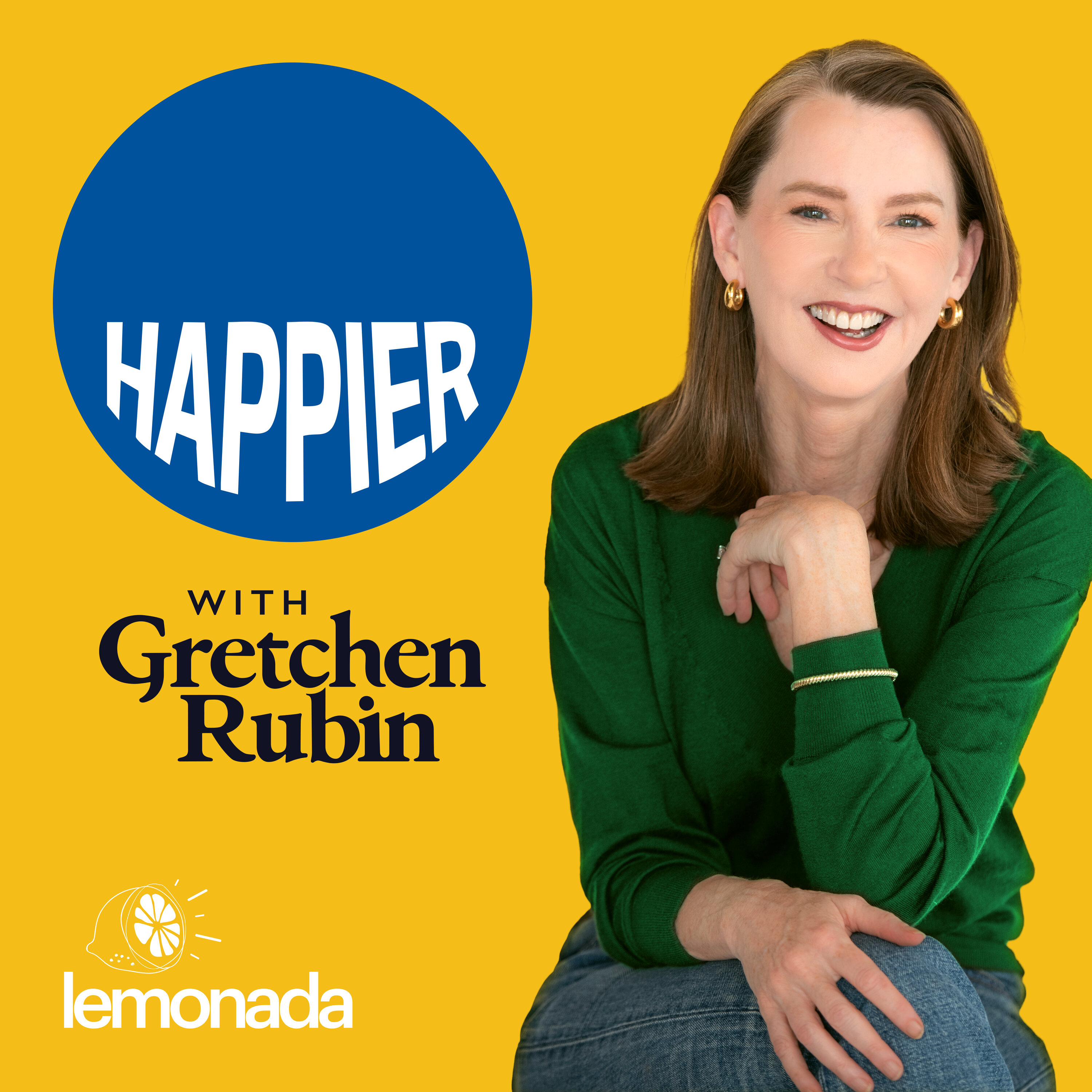
In my study of happiness and human nature, I’m always striving to identify fundamental principles.
For instance, in my book Happier at Home (Amazon, Bookshop), I identified the Eight Splendid Truths of Happiness.
The First Splendid Truth is: To be happier, we have to think about feeling good, feeling bad, and feeling right, in an atmosphere of growth.
The First Splendid Truth accounts for a paradox I noticed within happiness: sometimes, happiness doesn’t make us feel happy. (This is the kind of aphorism that a scientist couldn’t say, but I can.)
I was reminded of this paradox during a conversation with a friend.
“Are you going to your mother’s house for Thanksgiving?” I asked. “Are you looking forward to it?”
“I’m visiting my mom,” he said, “but I’m not looking forward to it. I’ll be doing all the work, because no one else can be relied on to do anything, and I don’t really like spending time with most of my family.”
“So why do you go?”
“It’s important to my mother, she wants us to have these times together,” he said with a shrug. “So I do it, even though it means passing up invitations to spend the holiday with my friends, which would be much more fun.”
Right. Because one element of a happy life is “feeling right,” and that means living up to our values, or doing things to promote other people’s happiness, even when it doesn’t make us “feel good” to do it—or even makes us “feel bad.”
My friend is willing to “feel bad” by being bored, annoyed, overworked, and unappreciated with his family, and to give up the opportunity to “feel good” by having fun with his friends, in order to “feel right” about his relationship to his mother and family.
We’re happy when we know when we’re living up to our values for ourselves. Even if that happiness doesn’t make us feel happy.
